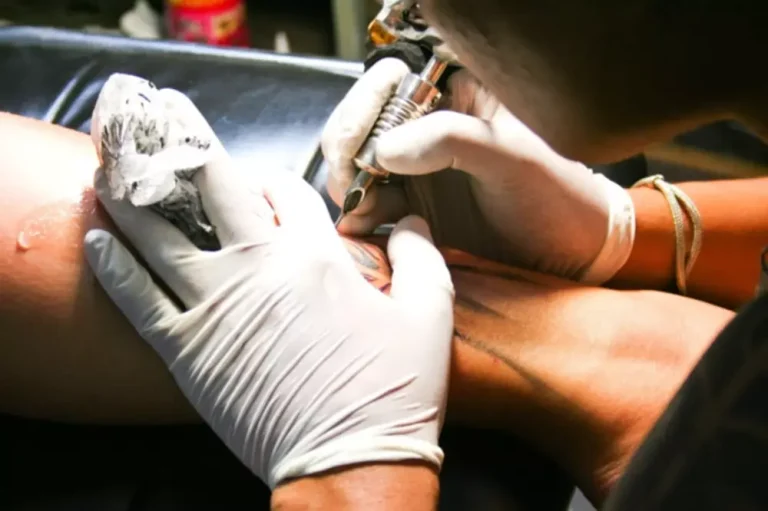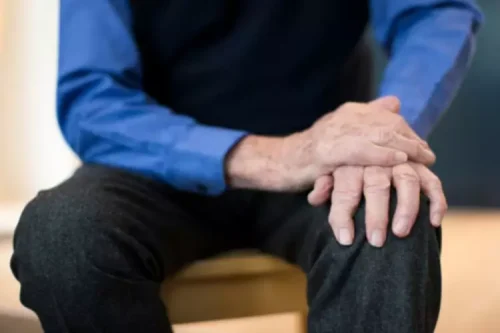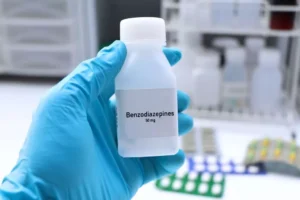Thinking about taking a break from alcohol? Heres how to cut back or quit


During this period, you can expect to develop new skills you may have never learned that made you more susceptible to AUD in the first place. “You know, alcohol is the only drug in which you have to give a reason for why you don’t do it,” he says. “Not everyone identifies as sober all the time,” Marshall says. Sans Bar has become so popular that Marshall took the concept on the road this year. He organized pop-up bars in Washington, D.C., New York and Anchorage, Alaska.
Help & support
- If you need a break from alcohol, going alcohol-free for a month or more can bring about many physical and mental health benefits.
- “It will take time to adjust to a new normal but implementing mindfulness (such as deep breathing) when in a social setting helps you to focus on being fully present to the people you are talking to,” Stewart says.
- Some who have given up booze altogether join “sober sometimes” friends to enjoy nonalcoholic drinks at Sans Bar in Austin, Texas.
- Replacing an alcoholic drink with a non-alcoholic drink that is “special” can be a big help when quitting booze, Shapiro notes.
- But you can still take control of your drinking with the appropriate support.
- Think outside the square and just watch the extra money pile up in your bank account.
- This is when you’re working hard to not drink, but one day give in and have a glass of wine or two, then give up on your goals altogether.
Another social club member, Kathy Kuzniar, says she used to obsess over whether there was enough wine in the house. She says she feels calmer since she became sober, and she has lost 30 pounds. Though you may not have experienced any legal problems resulting from your drinking, you may have had some close calls. Legal consequences often affect future opportunities such as employment, admittance to academic programs, or studying abroad. In the beginning stages of drinking, the experience and effect can be subtle on schoolwork.
It belongs in a museum! Want The Frame TV for under $700? Better get it during Prime Day


He’s a senior scientific adviser at the NIH institute that studies alcohol, and he says the results have been kind of surprising. So I think the very first step here is to simply assess your relationship with alcohol. You know, write down these things in a journal or just in the memo section of your phone.


Make a list of reasons for quitting — and refer to it often
For many people, quitting drinking revolves around hitting the proverbial “rock bottom” and seeking recovery through peer-support groups or in-person treatment centers. At least that’s how many used to think about recovery from alcohol use disorder. But these days, you don’t have to lose it all or label yourself an “alcoholic” in order to re-evaluate whether your relationship with alcohol is having a positive impact on your life.
If you weren’t drinking much before you cut it out entirely, it’s unlikely that you’ll see a difference, but it’s still worth mentioning here. Drinking heavily could make it tough for your liver and pancreas to work well—both of which are essential for your metabolism, Dr. Galligan says. So if you were drinking enough to mess with these processes, your metabolism could start to work more efficiently within a few weeks of going sober. Hello Sunday Morning has a large online support community of more than 100,000 people, and offers a range of resources to help people who want to cut down or quit drinking. It’s a free service, funded by the Australian government and a range of philanthropic organisations. In this series of Tips & Hacks by Hello Sunday Morning, we’re talking about what to expect when you take a break from alcohol.
Find alternatives to drinking
These serious mental and physical symptoms usually show up 2 to 4 hours after your last drink. If you’re worried that you have any of these symptoms of alcohol dependence, talk to your GP or seek further information from a support service. Even if you don’t experience these symptoms and just want some extra help, it’s worth reaching out. “If you find that you are trying to stop repeatedly without success, getting professional help from a therapist or outpatient program may give you the best chance of wide-reaching recovery,” adds Mehta.
Repair stage
“There are people who have learned to practice very reasonable alcohol consumption that contributes to psychosocial well-being in a way that does not impair their health,” Kumar noted. Other studies, such as this one from 2022, taking a break from alcohol have found similar results, showing no health benefits of consuming alcohol in moderation for people under 40, only risks. Because the liver is a tolerant organ, he said positive changes can occur within weeks of going dry.




This provides support for those looking to take on a dry month (or longer) at any time of the year. “Think about how drinking makes you feel and what you’re looking forward to the most from not drinking, whether that’s improved sleep, feeling fitter, potentially experiencing less anxiety or saving money,” says Dr Rao. “It can be helpful to write these reasons down and put them somewhere you can easily access them. This can help keep you motivated.” Having a drink at night might make you feel relaxed and sleepy – but once you nod off, alcohol actually interferes with your sleep cycle, resulting in poorer quality of sleep. Research suggests this is because alcohol disrupts REM sleep – the deepest sleep stage – which can result in a restless, wakeful night that leaves you feeling unrefreshed in the morning. According to Larson, severe alcoholic hepatitis could be fatal in 30 days in half of the patients who develop this condition.
No Comments